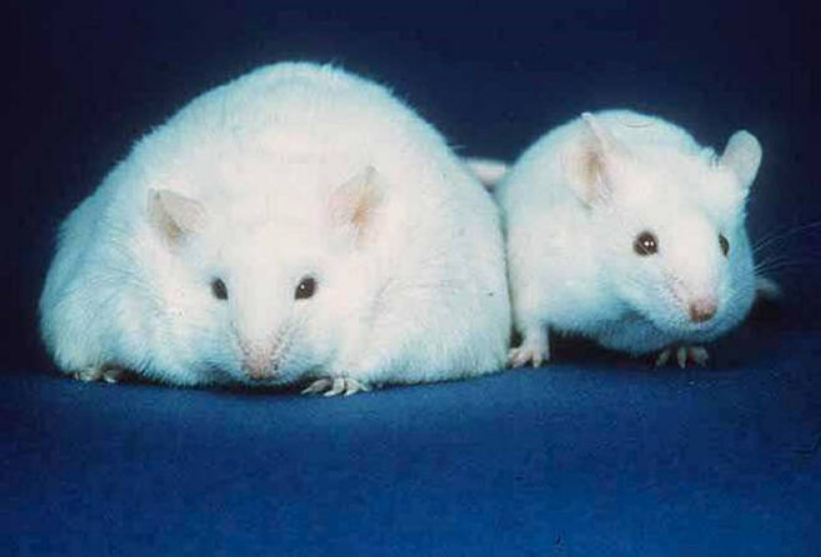This essay is written by Jongsik Jon Chun, a professor at the Department of Biological Sciences, Seoul National University and translated by ChunLab staffs. The author is also actively engaged in R&D as a major board member at ‘ChunLab, Inc.

An estimation of 30 trillion microorganisms live in the human intestine and most of them are bacteria (the ecosystem that these microorganisms form is called the microbiome.) These bacteria live in the gut, the closed ecosystem. For a living, we usually need three big factors: a place to stay, food and clothes. Let’s think about these from the gut microorganisms’ perspectives. We, human, provide the perfect residential home for bacteria in terms of temperature (Our body always maintains 36.5 ºC) and they do not need clothing. Then the only thing they need to survive is food. Where could they obtain their food from?
There are two ways. They can obtain food through us. After we digest what we eat, there will be a residue from this process. They use this residue for their energy sources. Another way bacteria consume their food is through a mucous membrane. In our gut, there are cells that continue to reproduce mucous membranes from glycoprotein (a combination of carbohydrates and proteins). The mucous membrane is an important energy source to the intestinal microorganisms but the main food source to bacteria is the residue of the food we eat. Microbiota-Accessible Carbohydrates (MAC) is a substance that only the microorganisms can break (digest). There have been active studies on this topic and I am planning to introduce MAC more often through this blog/newsletter posting. Generally, MAC is affordable and anyone can take it if they want to.
Recent researches have revealed that various diseases including obesity, diabetes, allergies, atopy, asthma, autism, dementia and inflammatory bowel syndrome are caused by imbalance in intestinal microorganisms. The biggest cause of the imbalance in microbiome is the “westernized diet”. Refined carbohydrates and meat-oriented diets are not the diets our ancestors have maintained for hundreds of thousands of years. Although our diet and the microbiome in our gut underwent rapid changes as we experienced industrialization, our bodies have maintained to be almost the same when compared to 20,000 years ago. Could the collapse of a symbiotic relationship between our body and gut microorganisms that has lasted more than 10 million years possibly be the results of many diseases that we are experiencing these days?

